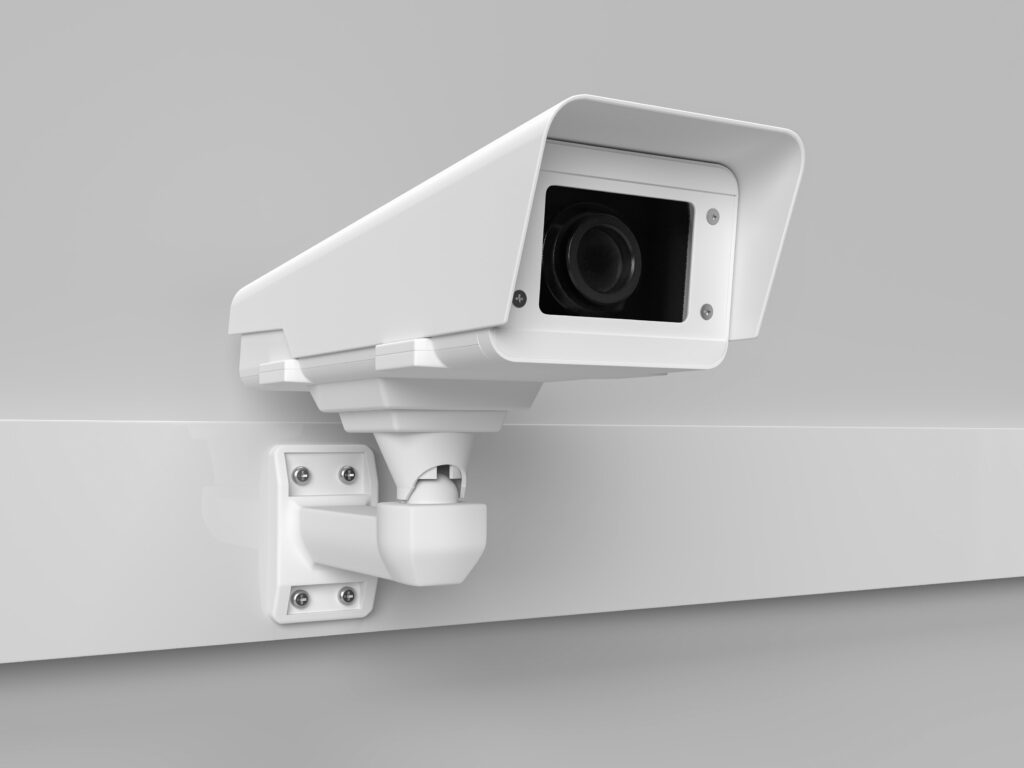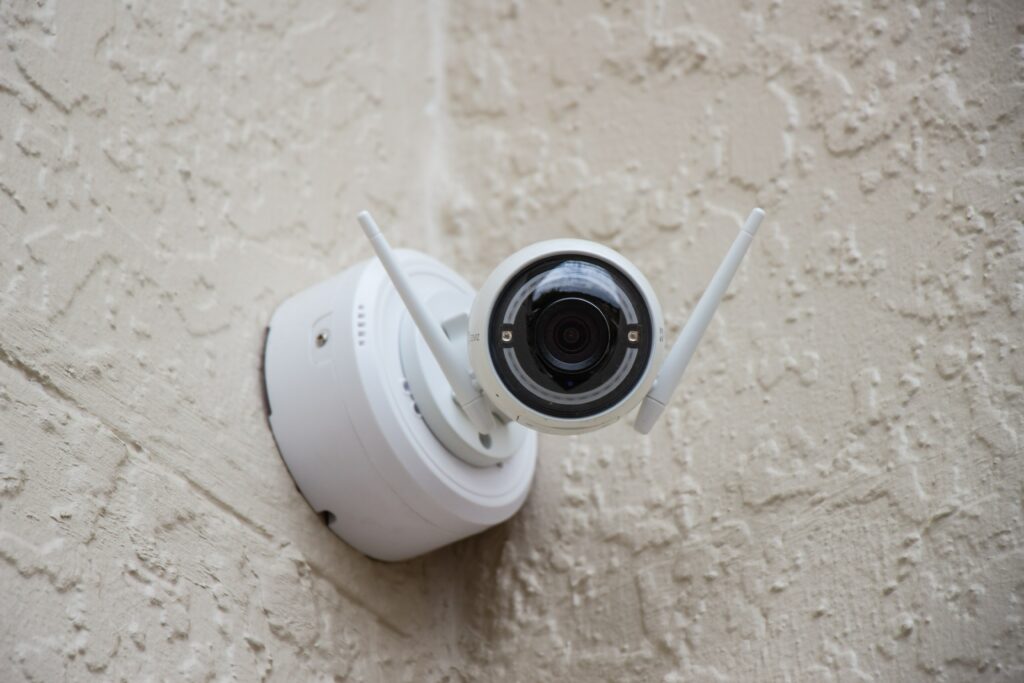As a parent, leaving your child in the care of someone else can be stressful. You want to ensure your child is safe and well-cared.
Even with the best daycare centers, there’s always the risk of something happening to your child. That’s where daycare camera laws come in.
In most states, there is no legal requirement that explicitly mandates daycare centers to have video surveillance in place.
In this article, we’ll review everything you need to know about daycare camera laws and what they mean for parents, daycare providers, and children.

The Purpose of Daycare Camera Laws
Daycare camera use has become increasingly common in recent years. The use of cameras serves several primary purposes, including the following:
1. Ensuring the Safety of Children
By requiring daycare centers to have cameras installed, parents and authorities can monitor the activities of caregivers and ensure that children are being treated properly and kept safe from harm.
2. Promoting Transparency and Accountability
Daycare camera laws increase transparency and accountability in daycare centers by providing a way for parents and authorities to monitor the activities of caregivers and ensure that they follow proper protocols and procedures.
3. Preventing Abuse and Neglect
Cameras can serve as a deterrent to caregivers’ abusive or neglectful behavior and provide evidence in the event that abuse or neglect occurs.
4. Providing Peace of Mind for Parents
By allowing parents to view live or recorded footage of their child’s activities in daycare, daycare camera laws can provide reassurance and peace of mind that their child is being well-cared for while they are away.
Overall, daycare camera laws aim to increase the safety and well-being of children in daycare centers while promoting transparency, accountability, and peace of mind for parents.
How Daycare Camera Laws Work
Most state laws will allow daycare centers to install cameras and provide access to live or recorded footage of children’s activities to parents and authorized individuals.
While there are some concerns about privacy and misuse of the footage captured by the cameras, daycare camera laws have been implemented in many states to promote transparency, accountability, and child safety.
Let’s explore how daycare camera laws work and the various aspects involved in their implementation.

Camera Placement and Operation
When cameras are used, they must be placed in public areas only, such as hallways, entrances, and playgrounds. Cameras should never be placed in private areas like bathrooms or changing rooms.
Parents and staff should also be notified that cameras are in use, and signs should be posted to inform visitors.
The recordings from daycare cameras are considered confidential and should only be viewed by authorized personnel, such as daycare staff and parents. The footage should be kept secure and only accessed when necessary, such as in the event of an incident or emergency.
Parental Access to Footage
As a parent, you have the right to access footage of your child while they are at daycare. However, certain restrictions are in place to protect the privacy of other children and staff members.
For example, you may only be able to access footage of your child and not other children. You may also be required to sign a consent form or agreement before accessing the footage.
The way parents can access daycare camera footage varies depending on the daycare’s policies and procedures. Some daycares may provide access to camera footage through a secure online portal or app, while others may require parents to request access and view the footage on-site.
Parents will need to create an account and log in to view the footage if the daycare provides access through an online portal or app. They may also need to enter a password or other security measures to ensure that only authorized individuals view the footage.
If the daycare requires parents to view the footage on-site, they may need to schedule a time with the daycare staff or administration. During the viewing, the daycare may restrict the length of time parents can view the footage or limit access to certain areas of the daycare.

Privacy Concerns About Daycare Camera Use
Unrestricted public access to the video feeds must be prohibited under all circumstances.
Although some centers may consider using a live webcam to start a blog to attract new families, this would be a grave infringement of privacy.
Only parents of children enrolled at the center should be granted permission to view the classrooms. Additionally, they should only have access to the classroom feeds where their children are situated and not be permitted to log in to view all areas of the center.
Parental Consent For Videoing Their Children at Daycare
To video children at daycare, it is generally necessary to obtain parental consent. This means that parents or legal guardians must give permission for their child to be recorded on video while at daycare.
Daycares need consent to video children for a variety of reasons, including:
- Respect for privacy and rights: Children and their families have the right to privacy and personal autonomy. By obtaining consent, daycares can respect the privacy and rights of the child and their family.
- Legal protection: Without consent, video recordings of children can potentially lead to legal issues or misunderstandings. By obtaining consent, daycares can legally protect themselves and avoid potential legal disputes.
- Transparency: Daycares can promote transparency and trust with families by informing parents about the purpose and scope of video recording. This can help build positive relationships and open communication between daycares and families.
- Safety: Video recording can be used to monitor and ensure the safety of children while at daycare. By obtaining consent, daycares can use video recordings to help protect and safeguard the children in their care.
Overall, obtaining consent for video recording at daycares is an important step in creating a safe and respectful environment for children and their families while protecting the daycare and promoting transparency and trust.
Preserving Camera Videos
No Federal law requires a daycare facility to maintain camera or video footage for a specific period of time.
However, a daycare should preserve footage from video cameras for several reasons. One reason is to ensure the safety and well-being of the children in their care. Video footage can help staff and parents monitor children’s behavior and identify potential safety concerns or incidents that may require further attention.
Additionally, in the event of an incident or allegation of abuse or neglect, video footage can serve as valuable evidence to help investigate the matter and determine the appropriate course of action.
Preserving footage can also help daycare providers identify areas to improve their services and change their policies and procedures.
Daycare centers are generally recommended to keep video footage for at least 30 days.
Each daycare should ensure that any footage is kept secure and confidential and only accessed by authorized personnel for legitimate purposes.
Conclusion
In conclusion, daycare cameras can provide parents with a sense of security and peace of mind knowing they can check on their child throughout the day.
However, it’s essential to understand the daycare camera laws and your rights to access footage. If you have concerns about your child’s safety at daycare, don’t hesitate to speak to the daycare center’s director or supervisor.
Remember, as a parent, you have the right to access footage of your child while they are at daycare, but there are certain restrictions to protect the privacy of other children and staff members.

